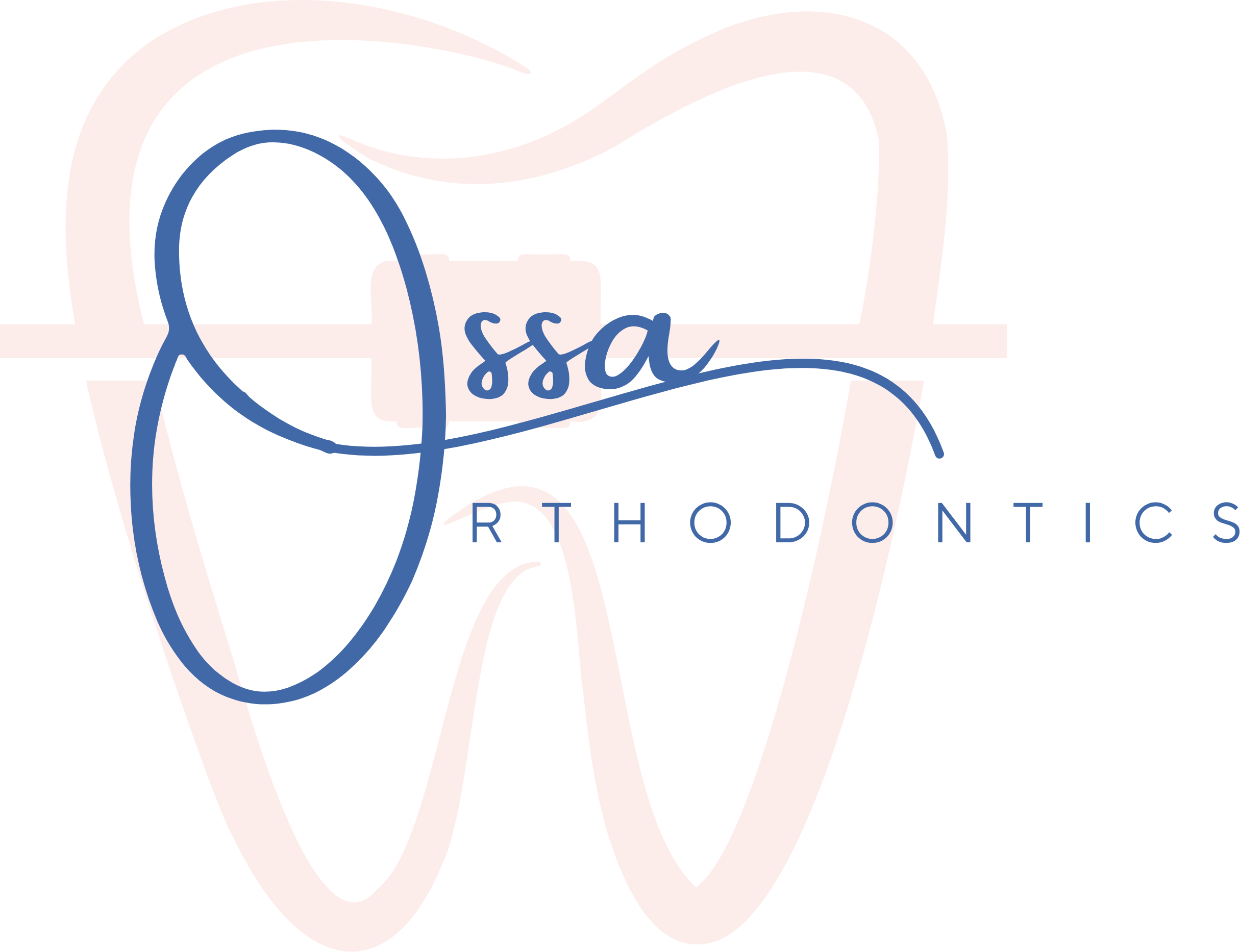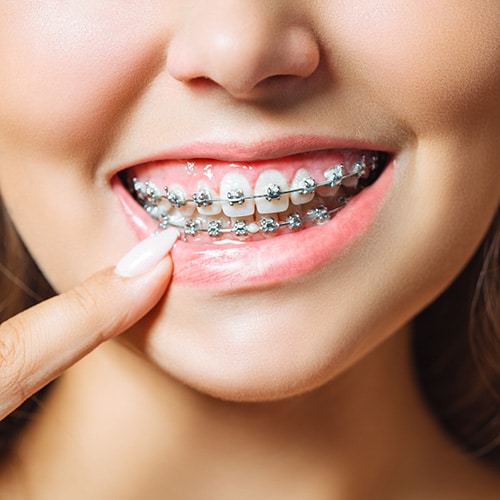Brushing and Flossing
Maintaining excellent oral hygiene is crucial with braces to keep your teeth and gums healthy. Here’s how to ensure your braces stay in top condition:
- Brush after each meal: This helps clear food particles that may get stuck in your braces.
- Use a soft-bristled toothbrush: It’s gentle on your gums and effectively cleans around your braces.
- Floss daily: Special orthodontic flossers or floss threaders help clean your teeth and braces.
- Rinse with mouthwash: Helps reduce bacteria and freshens your breath.
Neglecting oral hygiene may lead to additional dental visits for cleanings. Adults with a history of gum issues should consider seeing a periodontist during treatment.
Eating with Braces
Adjusting your diet is key to protecting your braces and ensuring a smooth treatment process. Start with softer foods to minimize initial discomfort. Gradually reintroduce a variety of foods, but avoid:
- Sticky foods: Such as caramel, bubble gum, or sticky candies
- Crunchy foods: Like hard pretzels, chips, raw carrots, or celery
- Hard foods: Including ice cubes, hard granola, or tough crackers
- Chewy foods: Such as fruit leather, chewy bagels, or dense granola bars
- Foods requiring significant biting: For example, whole apples, ribs, or large chunks of bread
Avoid chewing on hard objects like pencils, hoodie strings, ice, straws, or pen caps, as these can damage your braces and extend treatment time.
Loose Wire or Band
If a wire or band becomes loose, here’s what to do:
- Gently adjust the wire: Use a blunt tool, such as the end of a pencil eraser, to reposition the wire.
- Use orthodontic wax: Apply wax to cover any sharp edges of the wire that may irritate your mouth.
- Schedule a repair appointment: Contact our office as soon as possible for a fix.
General Soreness
It’s common to feel some discomfort when you first get your braces. This usually lasts a few days, and your teeth might be pressure-sensitive. Over-the-counter pain relievers like ibuprofen or acetaminophen can help manage discomfort. Your lips, cheeks, and tongue may also feel irritated initially. Applying orthodontic wax can ease this irritation.
Rubber Band Wear
Consistent use of rubber bands is essential for effective orthodontic treatment. To help ensure success:
- Adhere to the schedule: Wear rubber bands as instructed by your orthodontist, typically full-time, except when eating or brushing.
- Keep extras handy: Store spare rubber bands to replace any that break or are lost.
- Replace regularly: Rubber bands lose effectiveness over time, so change them 3-6 times daily to maintain proper pressure.
Loosening of Teeth
It’s normal for your teeth to feel loose during treatment. This is part of the process as they adjust to new positions. They will stabilize once your treatment is complete.
Athletics
If you’re involved in sports, protecting your mouth and braces is essential. We provide custom-fitted mouthguards to:
- Prevent injuries: Guard against impacts that could damage your braces and mouth.
- Ensure a comfortable fit: Designed to be snug and comfortable for active use.
Always inform us about your sports activities so we can provide the best protection for your braces.

